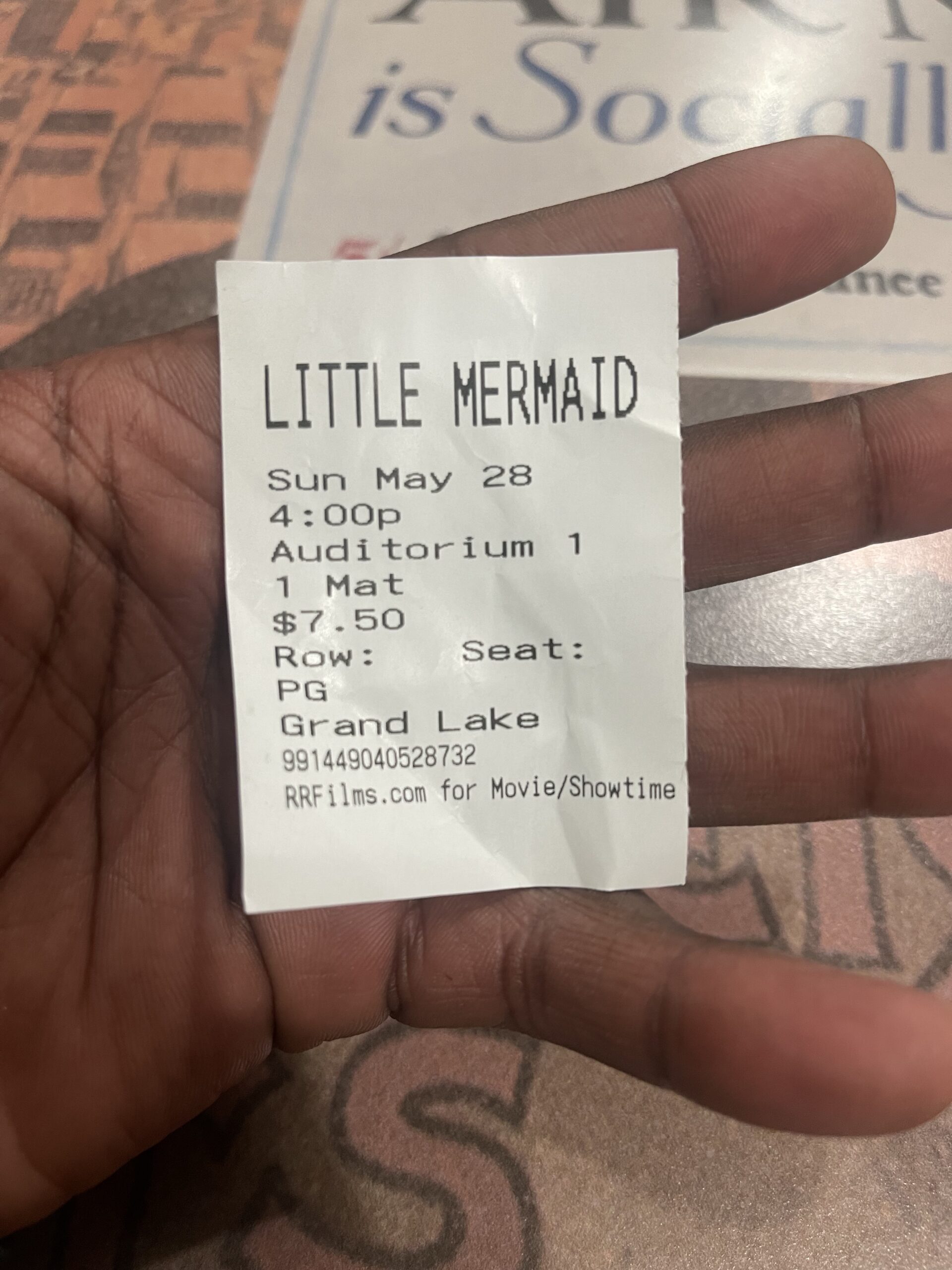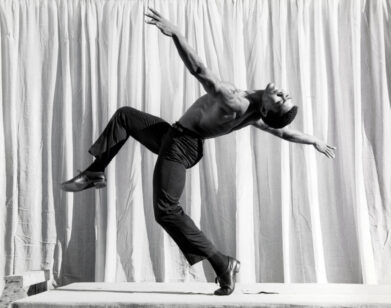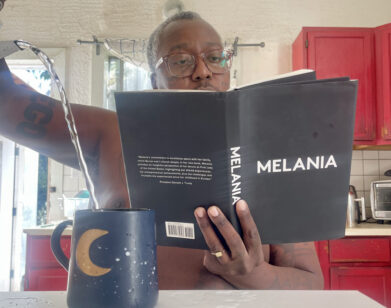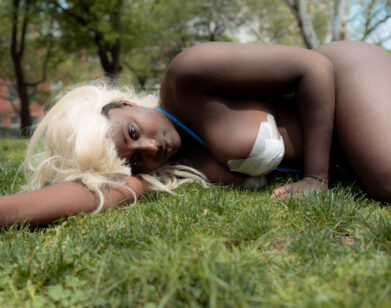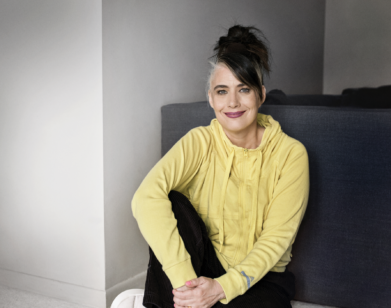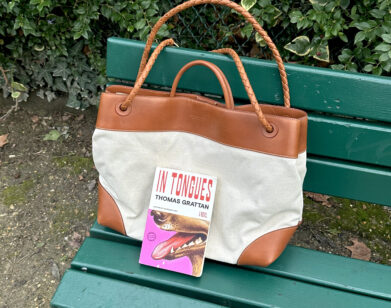CLASSICS
Brontez Purnell Has Some Thoughts on The Little Mermaid
There’s no such thing as “new stories.” Dramaturgic law declares that there are only about 37 plots in all of theater and we will write and rewrite the same goddamn ones until humanity writes itself out of existence. Being a self-identified extinctionist, I look forward to the end of humanity—like, who the fuck would even miss us?—but that is an essay for another day. I personally think that revisiting stories that are totem to us is a necessary act, something that illuminates the progress (or even, unfortunately, the regression) of our collective consciousness as human beings. Keep in mind, the ancient Greek Myths themselves sometimes bear multiple versions of the same story with different endings. Do we hold our Disney movies in higher and more untouchable regard than the classics themselves? Dear fucking god, I hope not.
Let me be quite clear here: I’m a total fucking philistine and find most Disney movies suspect as fuck. Yes, they are cute children’s movies, but they still hold as much of a vestige of our sadly sexist, Jim Crow-ass movie system as everything else in Hollywood. I mean, to those who sat in front of those movies with glassy eyes and pristine childhoods to back up all the coded messaging associated with them, why touch them at all? But for the silent majority of Americans, where Disney movies co-existed in homes mixed with neglect, trauma, and/or abuse, our need to alter or at the very least deeply reexamine our past is perhaps why we revisit these stories in the first place. It’s a kind of prayer, and once that prayer is echoed in a majority, then it becomes action, and then a shift in conscious changes, and da-da-da, we evolve. But goddamn, if it isn’t a long haul!
Keep in mind that, around this time roughly 100 years ago, the big cultural debate in Hollywood was whether or not films should have dialogue whatsoever. That seems crazy to us now, but let us keep with this train of thought when we consider how a person 100 years from now will digest the level 10 SHITSTORM that happened ‘cause of one Black mermaid.
Now let me give you the long and fast of it: I thought The Little Mermaid was fucking DOPE, like, DOOOOOOOOPE DOOOOOOOOOPE. Like so many other cynical Gen X pieces of shit, I walked into the movie with a bad attitude, thinking, “Oh god, must everything be a remake?” I was almost ready to hate it before its opening note. But 10 minutes in, it dawned on me that this beautiful little Black girl was swimming though iridescent CGI, talking to fish, and singing, like ACTUALLY SINGING HER HEART OUT. This is DOOOOOPE, not just any dope, this is like CHYNA WHITE DOPE. My first thought was, “Why didn’t I think to drop acid before I saw this?” I almost wanted to see if anyone in the theater had any, but it was mostly a bunch of little kids and it seemed deeply inappropriate to ask them if they were holding, so I kept it to myself.
Now, at the core of this debate sits a very real concern: why is our life dominated by remakes? People tend to gravitate to them because of the branding. These are stories that they’ve seen before and will more likely take a chance on out of some sense of sentimental comfort or familiarity. The problem is, people take these remakes and completely gut the story until they bear little or no resemblance to the original, alienating viewers with their lack of fidelity.
Now, what can be said of The Little Mermaid is the story remained, beefed up in parts, yes, but all its basic components untouched and intact. So what we are left with here is the sad realization that people hated the fact that Halle was Black.
Oh god, I actually don’t even want to get into this part, but some bitch has got to, so let’s just do it.
The general negative critiques of this movie seem to be from people that have these “can’t see the forest for the trees” approach. They seem to encompass things like Ursula’s makeup (must our love of Drag Race taint everything? But I digress). When people are more concerned with a woman’s makeup than her stellar job acting the part, we can only see this for what it is: an annoying, Drag Race-influenced red herring. I call “next.” At the other end was people saying that the choice of Eric was too “middle of the road.” But again, I have to call bullshit, ‘cause besides Aladdin (who was perhaps the only Disney Prince to have his own movie), what Disney Prince wasn’t basically a mid-ass white boy? Wasn’t that the criteria to be a Disney Prince in the first place? Have I missed something?
Of course, subtle changes in the plot do exist that suggest we, as a world of land dwellers, have come a long way since the 1989 version.
Ariel, in and over herself, was light years ahead of the princesses that came before her. She herself was an explorer, defied her father, collected artifacts, and fought her way to land. What I missed as a child is that Ariel was, in fact, a bigger explorer than Eric. Ariel, in her universal heroism, represented that part of us that would sacrifice EVERYTHING just to get to something new. I remember being a young faggot, camped out in the living room, in my single mom’s living room, eating an obscene amount of Lucky Charms and thinking to myself “I’M GONNA BREAK OUT OF THIS BULLSHIT HELL HOLE ONE DAY.” And that right there is why the character of Ariel became a benchmark for so many of us dreamers, explorers, and escapists of all races, creeds and colors. Sometimes, our only safety is in danger, and I do believe that when she signed her voice away, and the safety of the only home she ever knew, it wasn’t for Eric, per se, but so that she could get somewhere, someplace else, anywhere else.
This is not just a “children’s movie,” not at all. The Little Mermaid was made for people my age, trapped in the baggage of histories both collective and oh so deeply personal. This movie, in all its fanfare and even (most importantly) in its failures, has moved several important conversations along. One rhetorical question I put at the top of the list: can mainstream America allow a young black girl to inhabit the realm of universal hero? Only time will tell, of course, but the social anarchist in me is in love with how much of the average movie-going white American public seems to hate this movie. But we are counting on them to hate it. And if a bunch of white squares don’t hate it, it’s probably not revolutionary.

